Burundi’s National Assembly President, Gelase Daniel Ndabirabe, has challenged Western nations on their calls for human rights adherence, questioning their credibility given their involvement in conflicts worldwide.
“Why do Europeans and Americans ask us to sign agreements to respect human rights when they themselves don’t respect these rights by engaging in wars in various countries?” Ndabirabe asked during a heated parliamentary session on Wednesday.
His remarks came in response to a presentation by the President of the National Independent Human Rights Commission (CNIDH), Sixte Vigny Nimuraba, who was presenting the commission’s annual activity report for the 2023/2024 period. The report detailed a total of 739 complaints received in 2024, with 429 related to civil and political rights, 148 concerning individual liberty and personal safety, 129 tied to access to justice and fair trials, 80 focusing on physical and mental integrity, and 72 linked to the right to life.
Nimuraba emphasized that the most pressing complaints—about 58%—were related to issues of citizenship and political rights, including delayed judicial processes, unlawful detentions, and arbitrary imprisonments. “These concerns surpass all other issues raised by the population,” he said.
Ndabirabe went further, arguing that Burundi has made greater strides in human rights than many Western nations and criticized the European Union’s involvement in electoral matters. “In terms of human rights, we are ahead of many countries, including those in Europe. We have made significant progress. Look at countries like those in Europe, where the European Union can cancel elections in Romania just because they elected someone they didn’t want,” he said. “And yet, they come to us and say that we are not respecting human rights or freedom.”
His comments sparked discussion among legislators, with some questioning the CNIDH’s independence. MP Bizimungu voiced concerns that the commission could be seen as aligning too closely with government interests. “It seems that you want the CNIDH to act as the government instructs. But if the commission operates in accordance with its governing laws, it should not be criticized for its actions,” he argued, adding that a deviation from its mandate would undermine its credibility.
Nimuraba defended the CNIDH’s independence, insisting that the body must function within the framework of the laws that regulate it. “If we accept that the CNIDH is an independent body responsible for human rights, then let it operate according to the laws. If not, we may need a group working under instructions, which could pose problems,” he asserted.
The CNIDH President further suggested that Burundi could set an example for human rights practices worldwide. “I think Burundi could be an example in various areas globally, and if we become an example, it wouldn’t be a bad thing. We look at others and imitate their good practices, but not their bad ones,” Nimuraba said. “In terms of international laws, African and European countries follow our lead when we make decisions. We shouldn’t be influenced by critics. Instead, if we set a positive example, we will write a story that the world will follow.”
MP Pamphile also weighed in on the debate, stressing that legislators should do more to ensure that human rights are fully respected. “As legislators, we should advocate for human rights to be respected in their true sense,” he said.

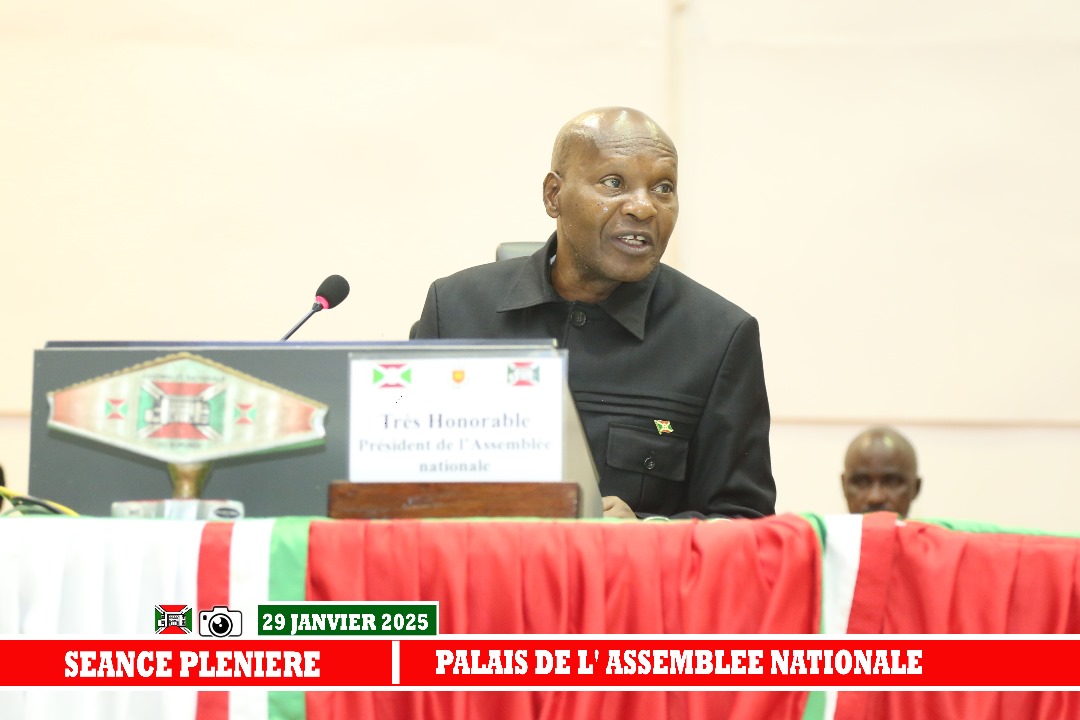


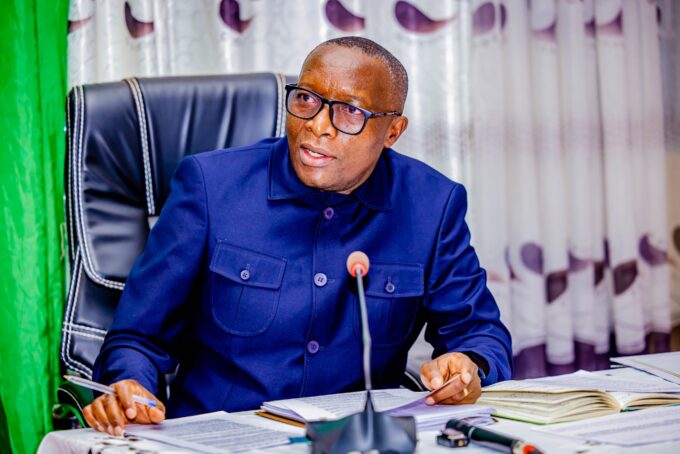
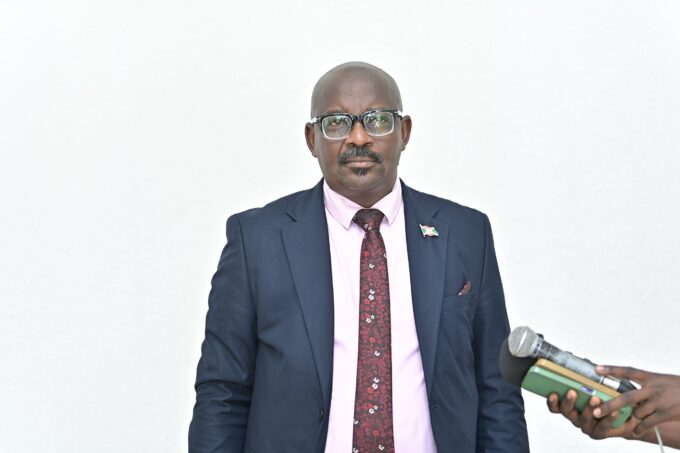
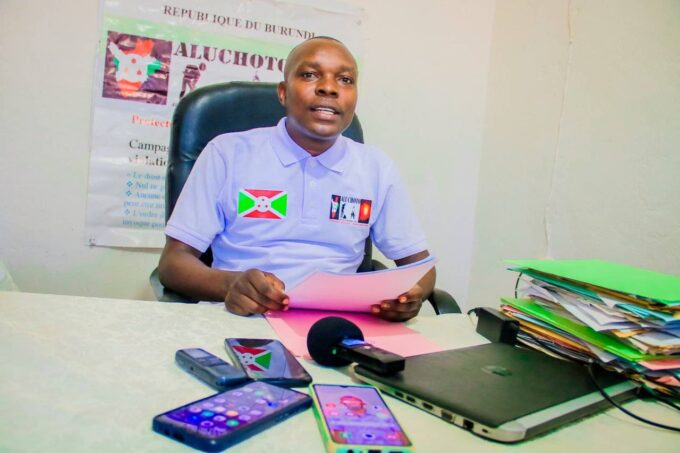
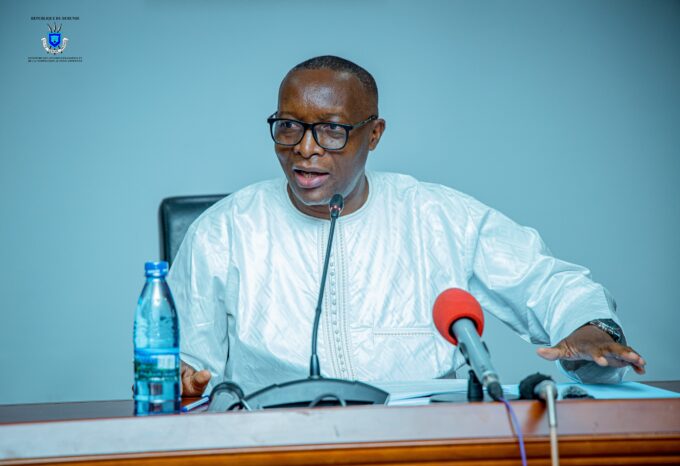
Leave a comment